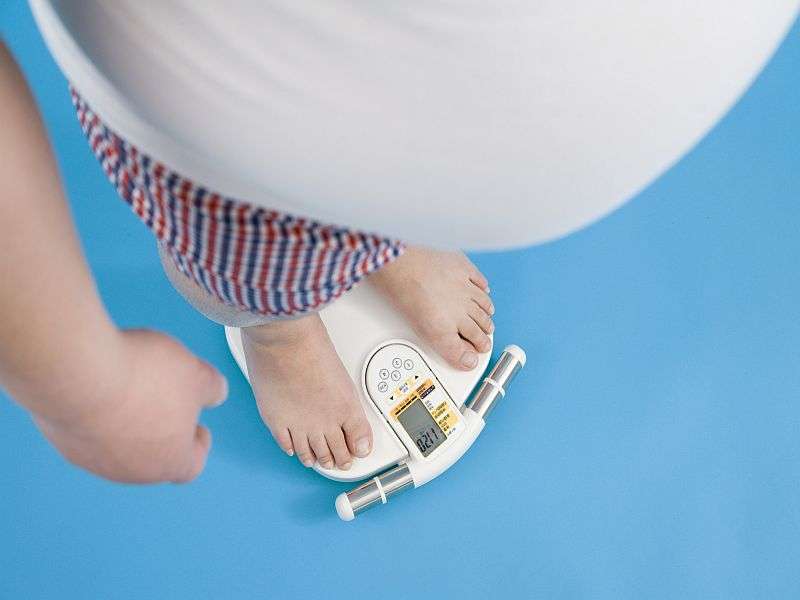FGF21, dietary intake interaction impacts adiposity

(HealthDay)—Fibroblast growth factor 21 (FGF21) genotypes may interact with dietary macronutrient intake to affect central adiposity and body fat composition, according to a study published online Aug. 31 in Diabetes Care.
Yoriko Heianza, from Tulane University in New Orleans, and colleagues genotyped FGF21 rs838147 in 715 overweight or obese individuals who were assigned to one of four diets with varied macronutrient contents.
The researchers observed a significant interaction between FGF21 genotype and carbohydrate/fat intake on two-year changes in waist circumference (WC) (P = 0.049), as well as percentage of fat mass and trunk fat (P = 0.001 and 0.003, respectively). Carrying the carbohydrate intake-decreasing C allele of rs838147 was marginally associated with less reduction in WC in response to the low-carbohydrate/high-fat diet (P = 0.08), and was significantly associated with less reduction of total fat mass and trunk fat (P = 0.01 and 0.02, respectively). Among the high-carbohydrate/low-fat diet group, opposite genetic associations with these outcomes were observed; carrying the C allele correlated with a greater reduction in WC, total body fat mass, and trunk fat.
"A low-calorie, high-carbohydrate/low-fat diet was beneficial for overweight or obese individuals carrying the carbohydrate intake-decreasing allele of the FGF21 variant to improve body composition and abdominal obesity," the authors write.
More information: Full Text (subscription or payment may be required)
Copyright © 2016 HealthDay. All rights reserved.




















